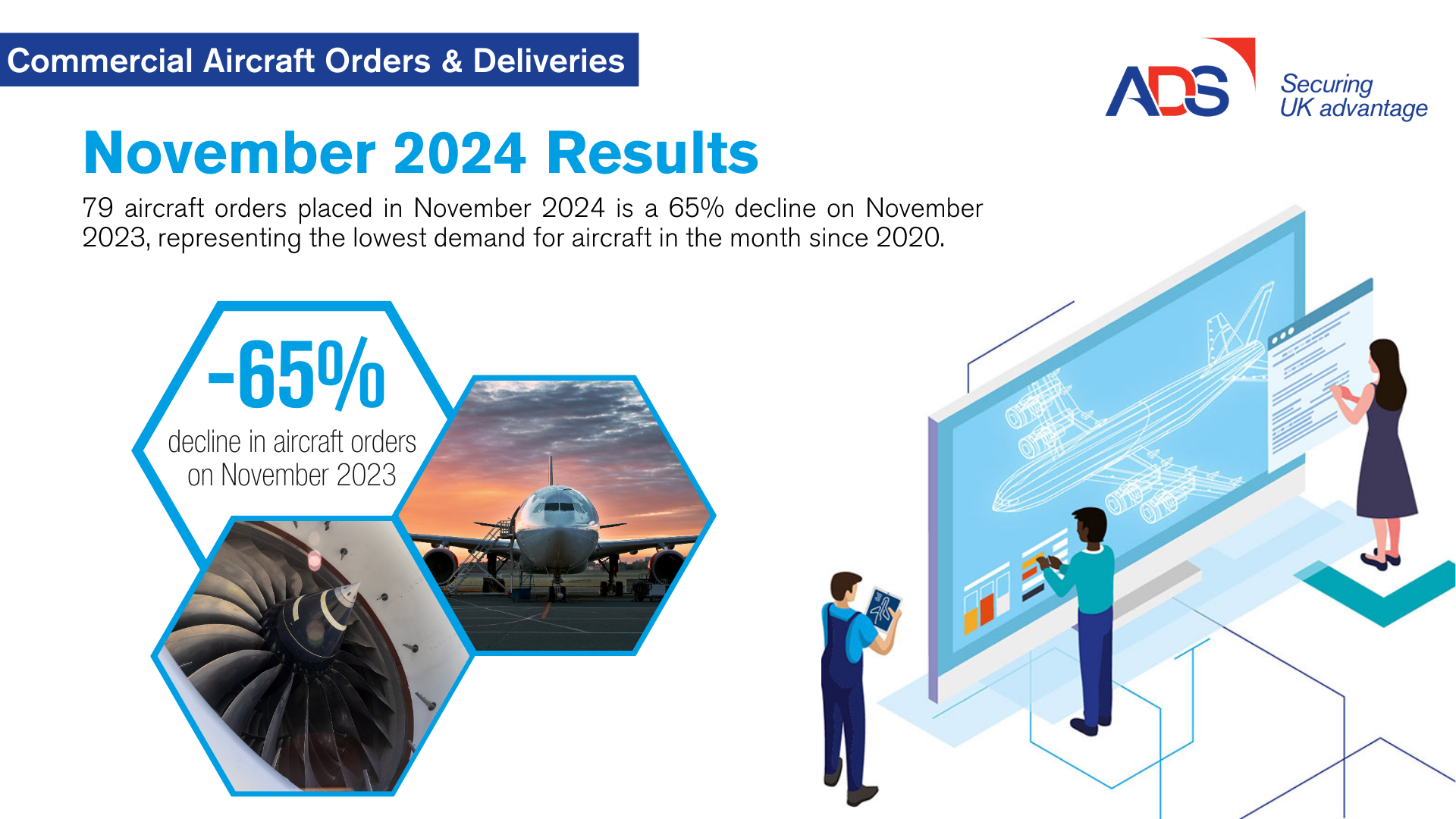
Blog written by Chiedza Lunga, former Industry Secondee and NPF Member
Recently the New Professionals Forum held the first of a series of monthly webinars with Caitlin Percy, a Sensing and Technology Integration Engineer with BAE Systems, and a former chair of the New Professionals Forum. She has been leading quite the career since then and has recently received awards from Women in Defence for Emerging Talent and Woman of the Year!
Below is a summary of the webinar and some of the key takeaways from the session.
Introduction
She began with some background on her time at university and the opportunities she gained during that time that helped develop her for the future. There is a great blog previously written by Cait on the NPF area of the site where you can learn more about her early journey and how she developed her passion for STEM engagement.
“It’s an opportunity I can’t miss”
Her graduate scheme at BAE Systems encouraged graduates to reach out for roles and speak to senior leaders, emboldening her to apply to roles outside her area to challenge herself and explore her keen interest in people and motivation behind technical projects. This helped her find some her roles and some mentors by reaching out to people for a chat and always being interested to find out what was going on around the company.
Finding a passion project
Finding a passion project within your role (whether it be STEM engagement, connecting young professionals, etc.) and finding people now to work on in a professional manner to take charge of and liaise with others in a corporate environment allowed her to have new conversations with people and highlight her enthusiasm to improve the company. Even finding a group that is already existing will give you the opportunities to work within a team, lead a team, manage projects and people early on in your career and develop those core skills.
The job is not for life!
When leaving her graduate scheme, Cait was at first worried about choosing her role as it felt like a final role that would define her career until retirement. Many new professionals feel this and begin to overthink opportunities as if they will be tied to them. Luckily, she soon realised that any job you apply to is not for life, and can just be an interesting opportunity for the next few years to build you up to the next thing. Removing this anxiety towards applying to a wider range of choices really helps in making sure opportunities are not missed.
Making sure to ask the right questions and taking a measured approach to new roles can lead you down avenues you never expected.
“Technology needs people to progress”
Although the technical skills are very important, Cait learned that the way in which academics, industry professionals and others collaborated and communicated is what really delivered success. It is one thing producing a quality report, but making sure it gets in front of the right person is a key skill that also needs to be nurtured.
What is next for her?
It is hard to pinpoint a specific role, but she knows she wants to be the go-to person for specialist technical issues as well as have the time to get involved in the outreach work she enjoys. Even if you are not able to write a 5-year career plan right now, better understanding what you want from a role and not the specific role title itself is a good way to move towards a new opportunity that fulfils your needs. Who is it you want to be in a company? What do you want to be known for?
Some words of advice
- Do not be afraid to run into opportunities early on in your career and be ready to make mistakes. However, also understanding professionally when you need to stop going down an avenue is another learning experience.
- Talk to people! Be bold and reach out as you never know the opportunities that may present themselves from people remembering your name.
- Find your project and develop opportunities when you can.
Question and Answer session
Below is a summary of some of the questions raised in what was a very active and engaged discussion from the attendees of the webinar who were keen to pick her brain.
How did she balance all her extra-curricular projects and her day job?
- By finding the right person to work for and develop good communication channels with her colleagues to build an understanding of her engagements and responsibilities. It also involved a lot of dedication and focus during the work day
How do you determine your next role or decide that you want to leave your current role?
- Taking advantage of the new professional’s grapevine from your network (such as your graduate scheme cohort) to find out about different placements, teams and how others have interacted with certain departments. The biggest thing is always looking out for new opportunities internally with your company, or externally, to see what is available to you so that if there is the case that you go from considering leaving your job to really wanting to leave, you have an initial plan and place to look.
We intend to have more webinars on each month with more interesting guests and hope to see you there!





